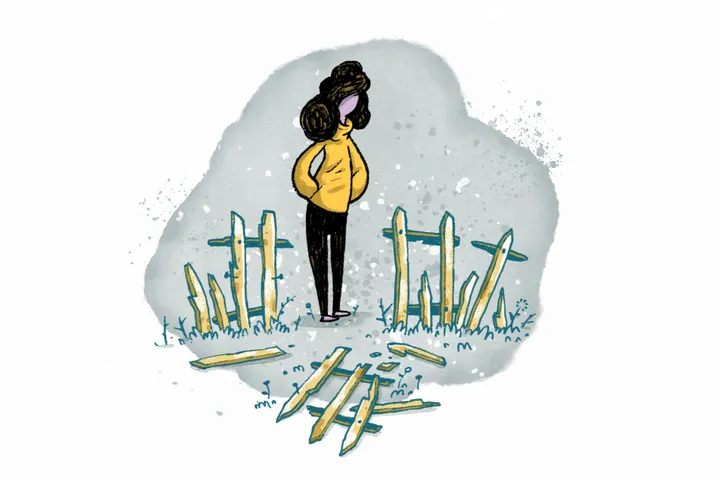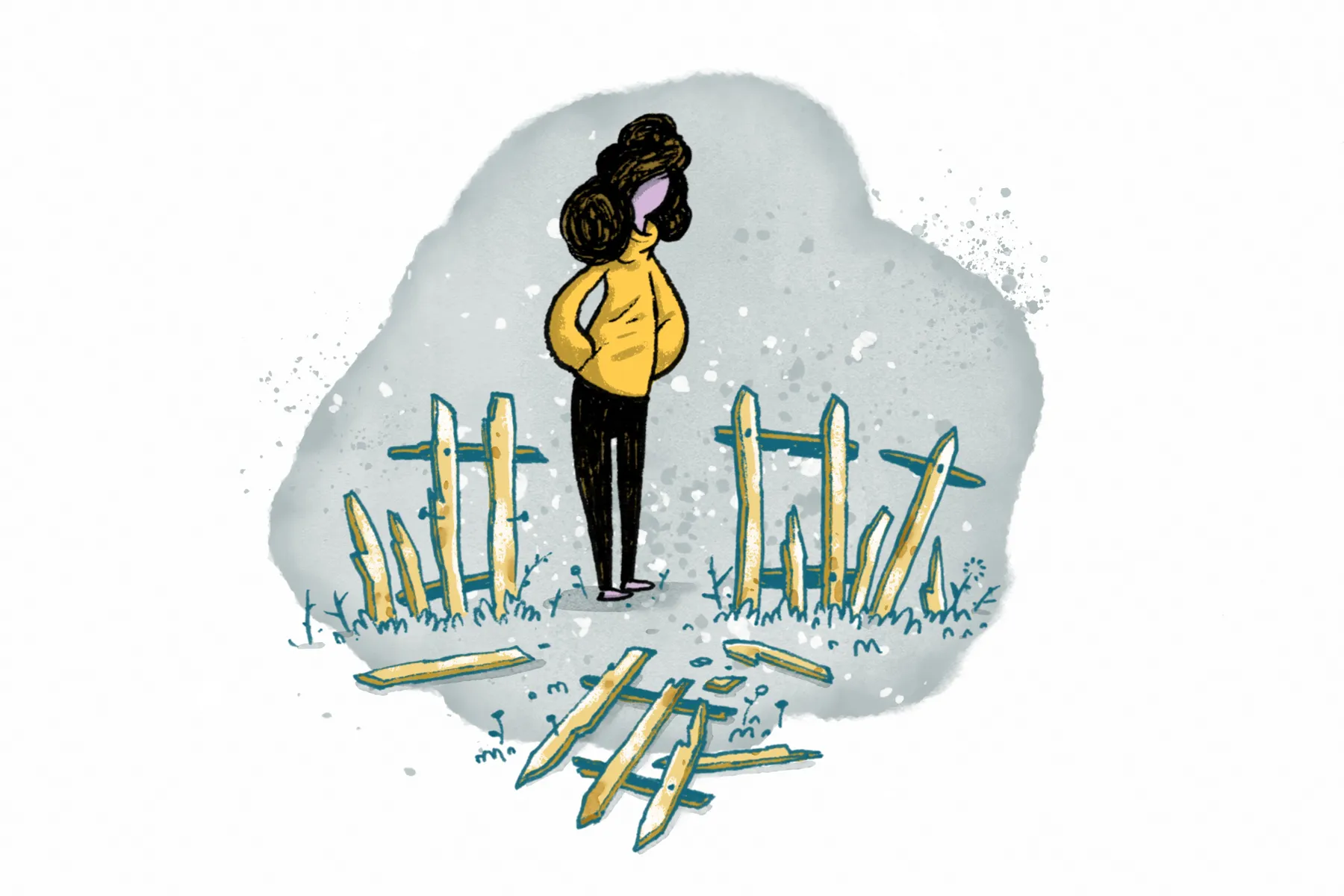Fred Otieno is a Tanzania-based facilitator of Bible-based seminars, who trains pastors and leaders within one of the world’s largest refugee camps. When we first met Otieno in 2018, he was training leaders in how to provide trauma healing within the camp. Many were in need of this care and healing.

Otieno uses the In Touch Messenger as a tool for both training and care, and he encourages pastors to use these resources among their congregations. The content on this device includes an audio Bible, sermons from Dr. Charles Stanley, and specially-developed trauma healing audio content.
Since then, Otieno is partnering with several new ministries, and introducing trauma healing within discipleship programs. Recently, we spoke with Otieno about the growth of his ministry.
Your work of addressing past wounds—whether physical, emotional, or mental—is a relatively new concept within churches. What kind of progress have you seen over the last few years?
Otieno: By the end of 2017, I had facilitated lessons revolving around healing the wounds of trauma. Even in these small groups, in refugee camps and albino camps, we could see the tremendous impact of simply (recognizing) past and current affliction.

Since then my work with the American Bible Society has grown so much that I am now overseeing their trauma healing programs in all English-speaking African countries. I recently traveled to Ethiopia to kick off their national trauma healing program. These opportunities have been tremendous … addressing grief, and showing how a relationship with Jesus Christ can heal our deepest hurts. Many times we see the gospel as a spiritual healing, but Christ wants to heal every aspect of our brokenness.
Part of our community transformation engagement is through Bible study groups, and the Messenger will be really helpful in the realization of our community development work. American Bible Society has been invaluable in areas where conditions are not adequate for print materials or electricity is scarce.
We are now attempting to make trauma healing foundational in the beginning stages of community development. Transformational, community-based change happens most effectively when trainers are healed from their own trauma and grief.
Do you have any encouraging success stories?
Otieno: I’m working closely with a pastor in Butiama, a city in the Mara region of north Tanzania. After facilitating a healing program in his area he has now developed an exceptional learning and serving program to provide financial assistance so that people can start businesses. In less than a year there are over 80 people involved in this. They’re working together and sharing finances, and most importantly, their community fellowship is utilizing the Messenger.
This tool has worked to really glue them together as a group. When people do not fellowship together and remain in God, groups fall apart. But with Pastor Emmanuel I’ve seen the program rebuilding peoples’ lives. And the Messenger has been at the center of it all.
Photography by Gary S. Chapman





